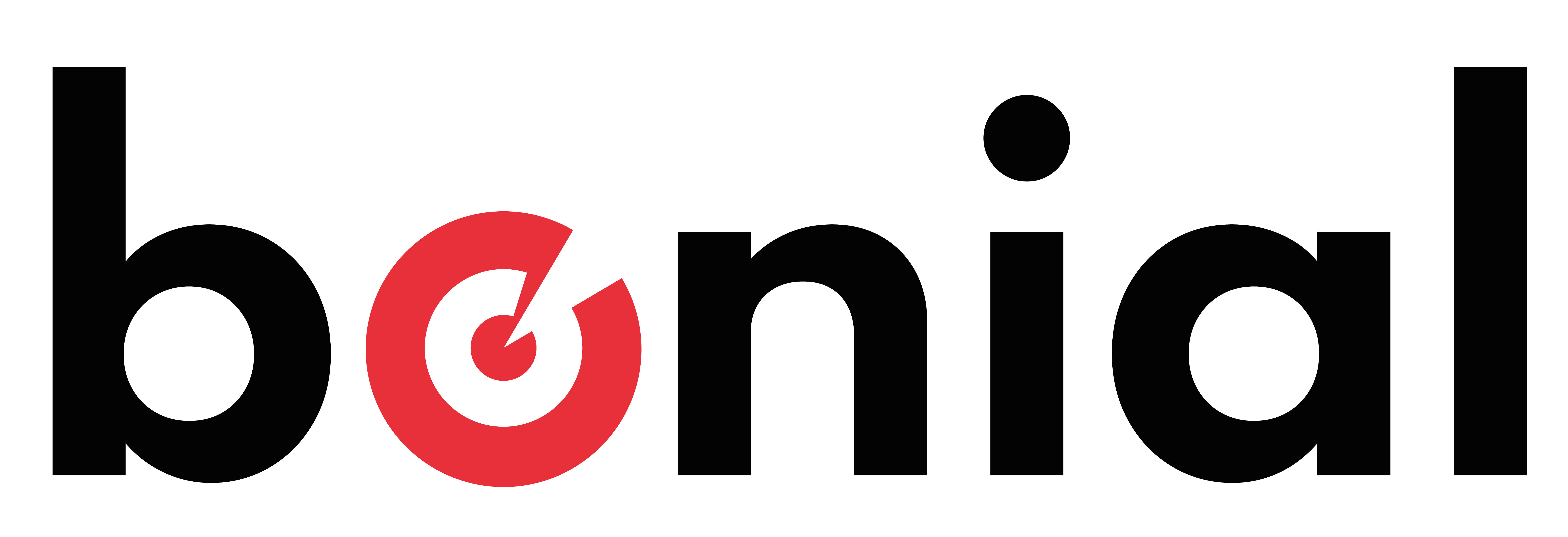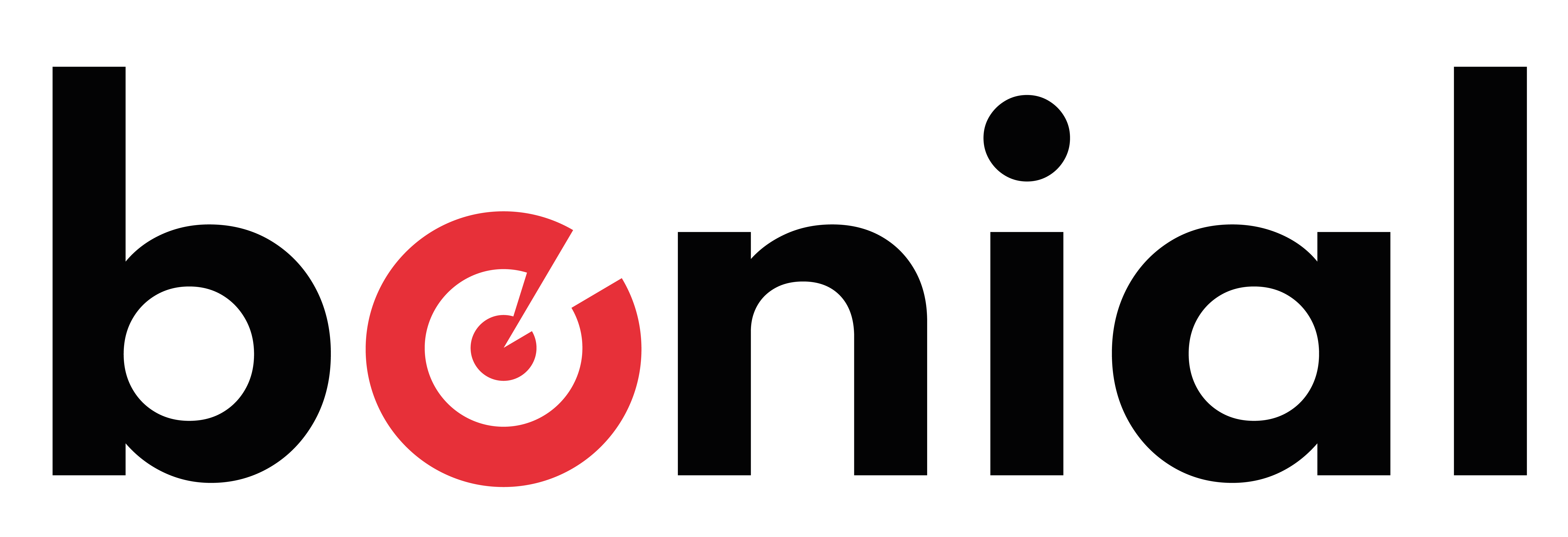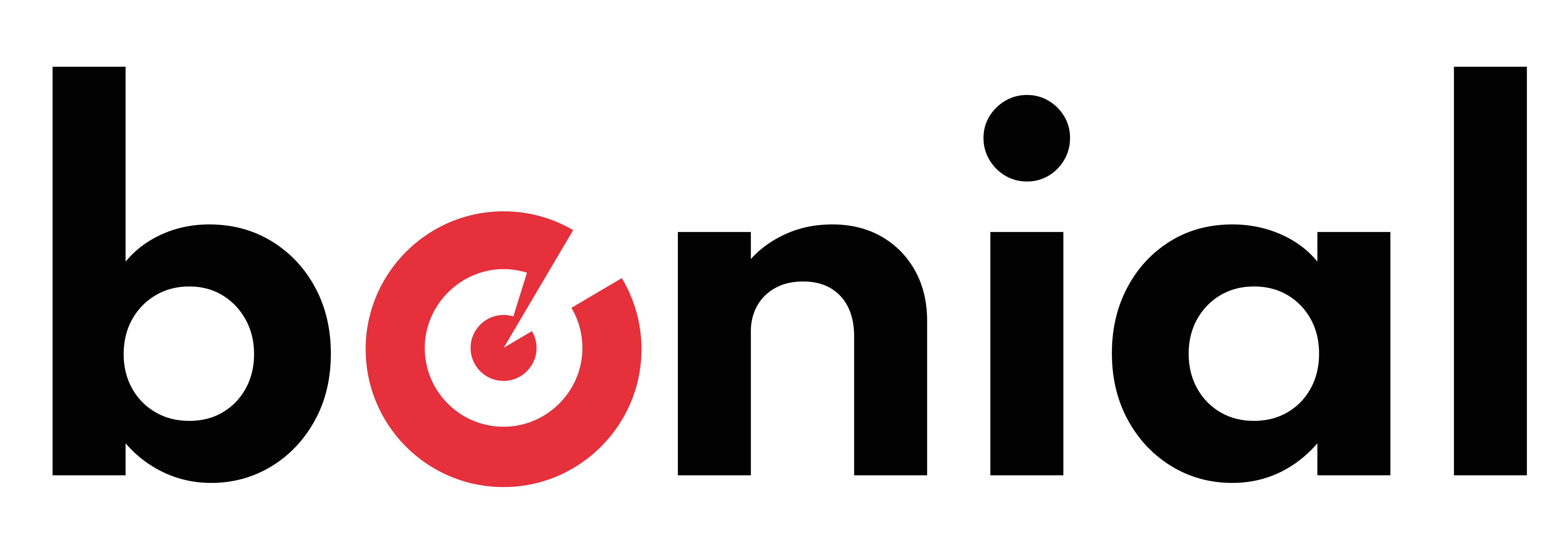While working on the periphery of tech, in an intermediate position like SEO manager, you may have felt the urge to dive deeper into those nebulous tech-topics but have been afraid of going down that road for a myriad of reasons.
As an SEO, you know everything about page speed requirements from Google but know almost nothing about minifying and splitting the code. You’ve heard that webpags are built with react and typescript, but don’t know how those technologies work under the hood. For Online Marketers, this is totally fine; they don’t have to understand how it works. But you are different.
You have recognized an inner urge that pushes you not only to find out how web technologies work under the hood but how to use them yourself, so you are capable of building the product you’re currently only managing.
If you have discovered – like I have – that your real passion is code, then this article is for you. I will share my story about how I successfully switched from Inbound Marketing to the Development team in my company. You can do it as well! All you need is a lot of curiosity, motivation, and endurance to achieve your goal.
Setting Out To Pursue My Dream
I heard the call when I started as an Inbound Marketing trainee here at Bonial. More than analyzing data and defining strategies for driving even more traffic to our portal, I was soon fascinated by web technologies themselves. Instead of writing tickets and waiting for the devs to accomplish the tasks, I was eager to code and implement these changes myself.
While graduating from trainee to junior, my team-lead suggested that I familiarise myself more with web technologies. Luckily, this entirely matched my plans, and I took it as a starting point to get serious about self-educating.
I started to learn about the basics: HTML and CSS with online education platforms for about two weeks on the job, and then began learning JavaScript. Here, things started to get interesting, and I began to study for myself after work and on the weekends. I was utterly motivated to put as much energy and time into my new project as possible.
At work, I seized every opportunity to get my hands dirty with coding. One of the first tasks was AB-testing a button-element in the navbar with our internal AB-testing tool. I wrote the code for the element myself and even got some praise from my colleagues, which pushed me to continue on this path.
It is crucial to always come up with meaningful projects that provide beneficial solutions for your daily business, if you are to gain enough time to improve your coding skills as an SEO manager.
One of my more significant work projects – that I continued working on in my spare time – was an SEO reporting tool. It automatized gathering data from different internal and third party sources to make weekly reports much faster and less error-prone. I built it with vanilla javascript and a node.js express server. Although it may not have been state-of-the-art, I learned a lot, and it did the job reliably – it’s also still in use.
Another project helped me gain company-wide recognition. It was a crawler that provided detailed information about our content situation and helped several people with decision making and quality assurance.
The Switch to Web Development
After almost two years, I developed a good understanding of different areas of coding: mostly frontend knowledge like HTML, CSS, and Javascript. I also acquired a little bit of knowledge about backend technologies like Node and Express, along with quite useful SQL and database knowledge thanks to several data visualization dashboards I built for the company. Meanwhile, in my department, I was known as “Hacker-Tobi” and spent 80% of my time coding new solutions for the team.
Still, I was more a “shadow IT” guy, doing his coding alone. I wished to have a more thriving environment with the possibility to talk to co-workers about the code I’ve written and coding in general. Often I had the feeling that my skills were not enough. Luckily – I now know – as a developer, you will never fully grow out of this state as it is inherent to the job. Far more important than knowing everything is your motivation and passion for the work you are doing, plus your ability to learn new things efficiently while remaining curious about the ever-changing world of tech.
My new team-lead from the IT department shared a similar sentiment when he offered the opportunity to switch my career path. He had observed my progress and assured me that I would make it and have all that one requires to start working as a Junior. I informed him beforehand that I didn’t have a more profound knowledge of React or Typescript – which were a big part of the tech stack I was going to work on – but he promised that I would learn the hard skills on the job and I shouldn’t worry too much about it.
I was thrilled that all the hard work and time invested in achieving my long term goal had paid off. I could finally call myself a developer!
Conclusion
As exemplified by my story, lateral entrants can get a job as a web developer. Especially with an SEO background, you have excellent secondary skills for frontend web development, which can benefit your new dev team. Though don’t be mistaken: despite working with web pages all day, the core skills of an SEO manager and a web developer are quite different, and at the beginning, you need to invest a lot of time to close the gap required to work in a real dev team.
If you’re a flexible, quick learner and curious about what you’re doing, it’s just a matter of time. It took about two years for me. Perhaps I could have been faster, quit my SEO job, and solely dedicated my time to learning web development. But I was fortunate enough to work in a company with a great culture, and I always felt supported to find out what I want and given the room to set personal goals and work towards achieving them.
All that’s left to say to the Online Marketers and SEOs who read this post and have a real interest in coding: now is the best time to start following your passion!
Author

This article was written by Tobias Neumann, a Front End Developer at Bonial.







